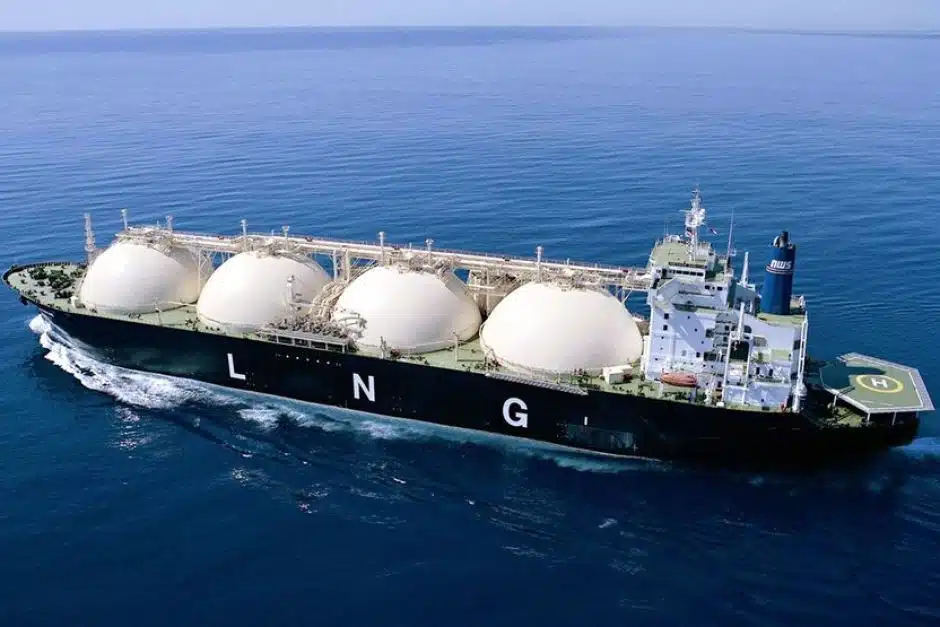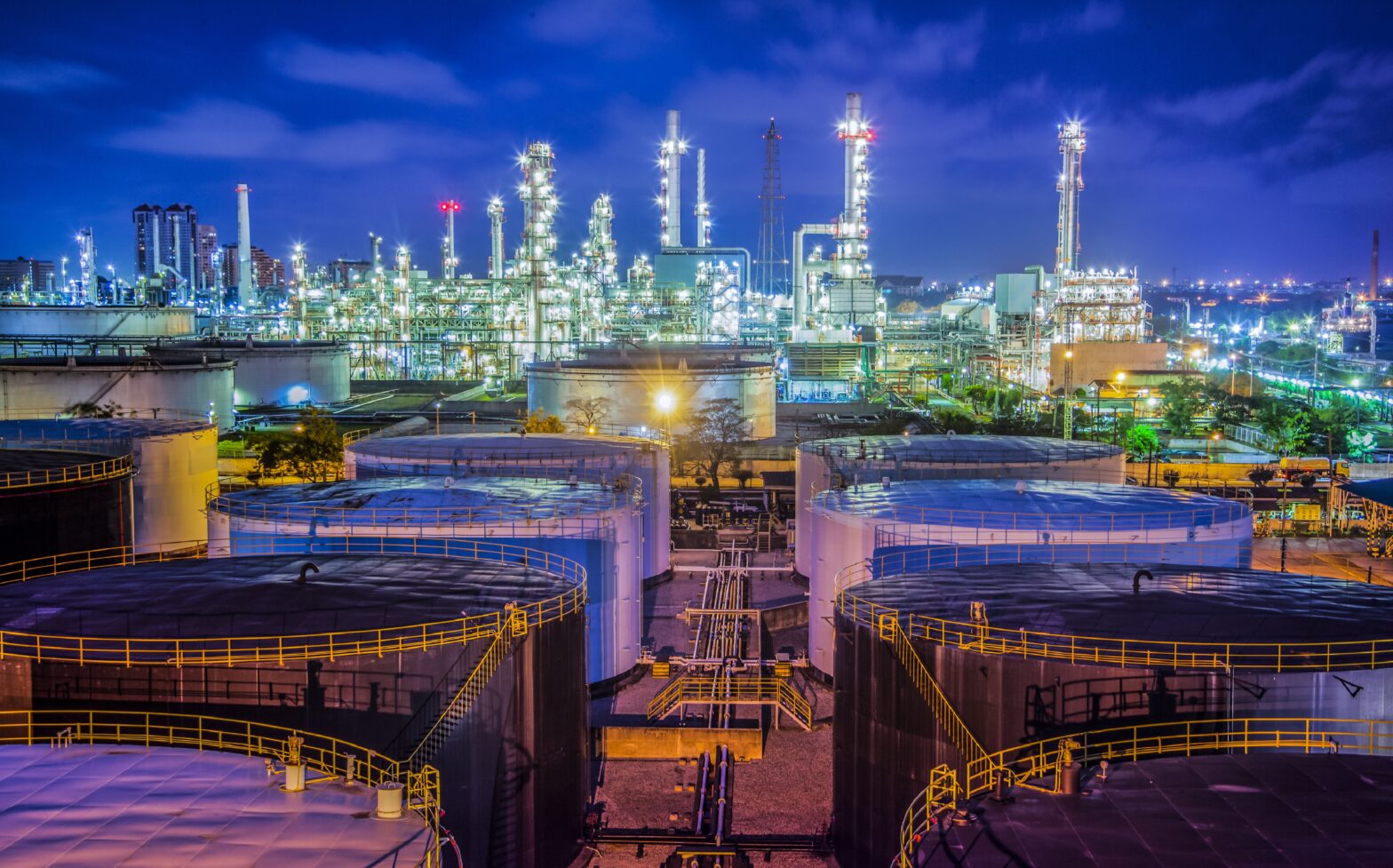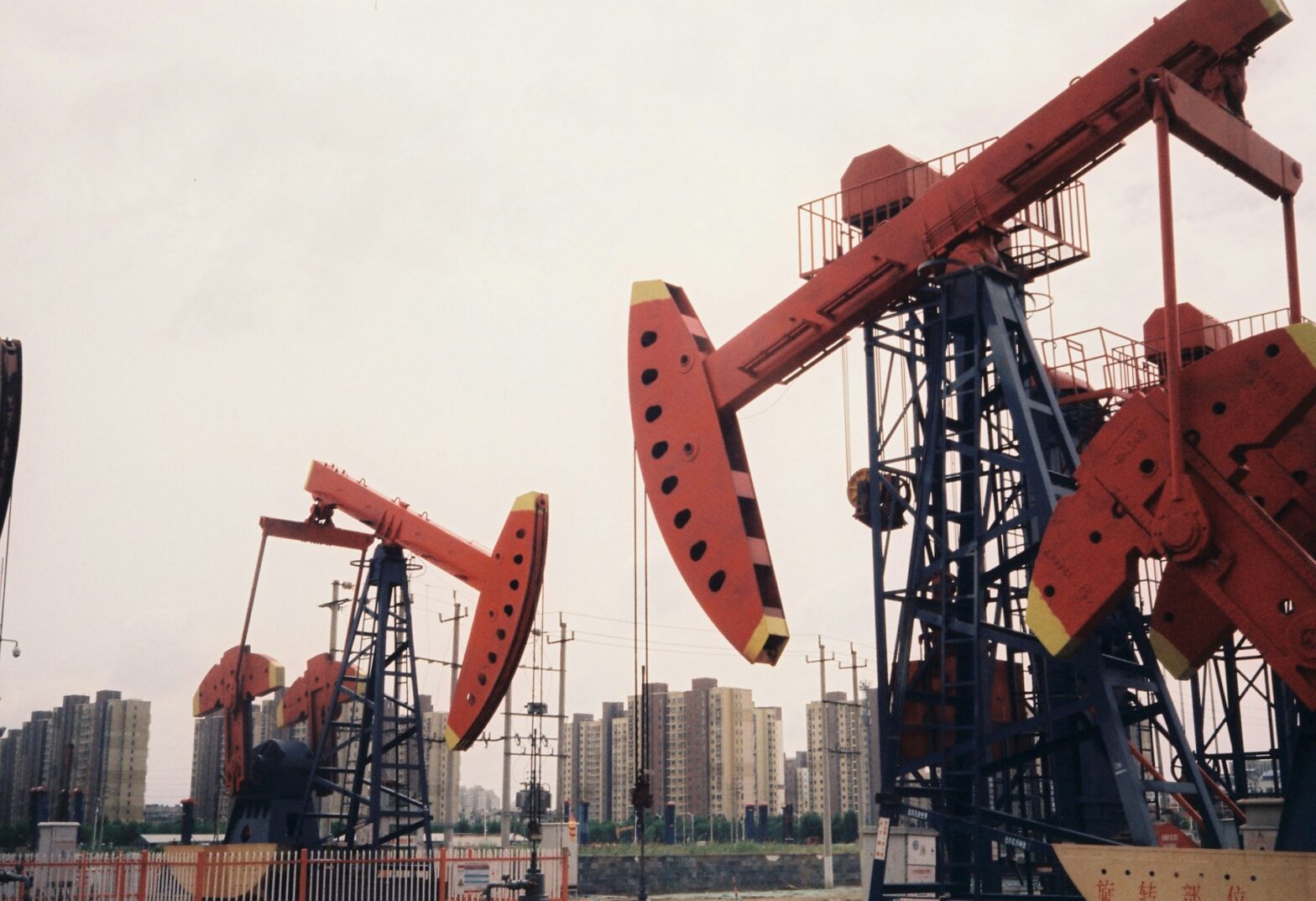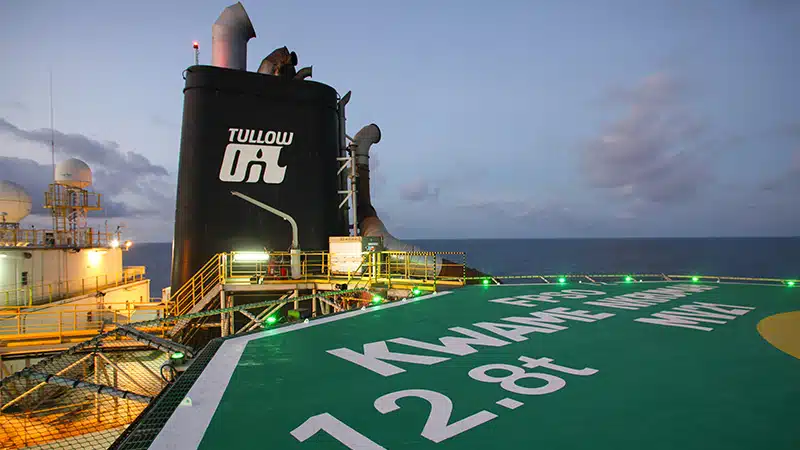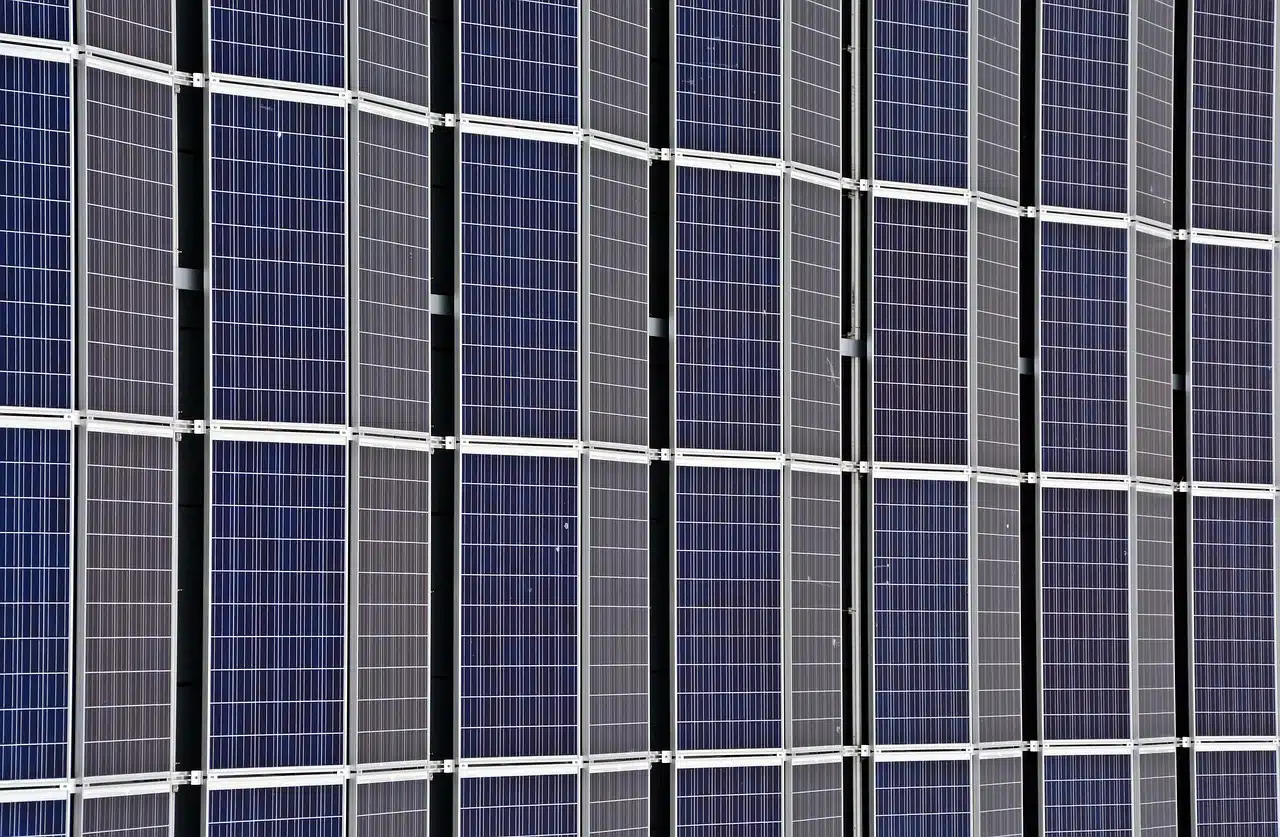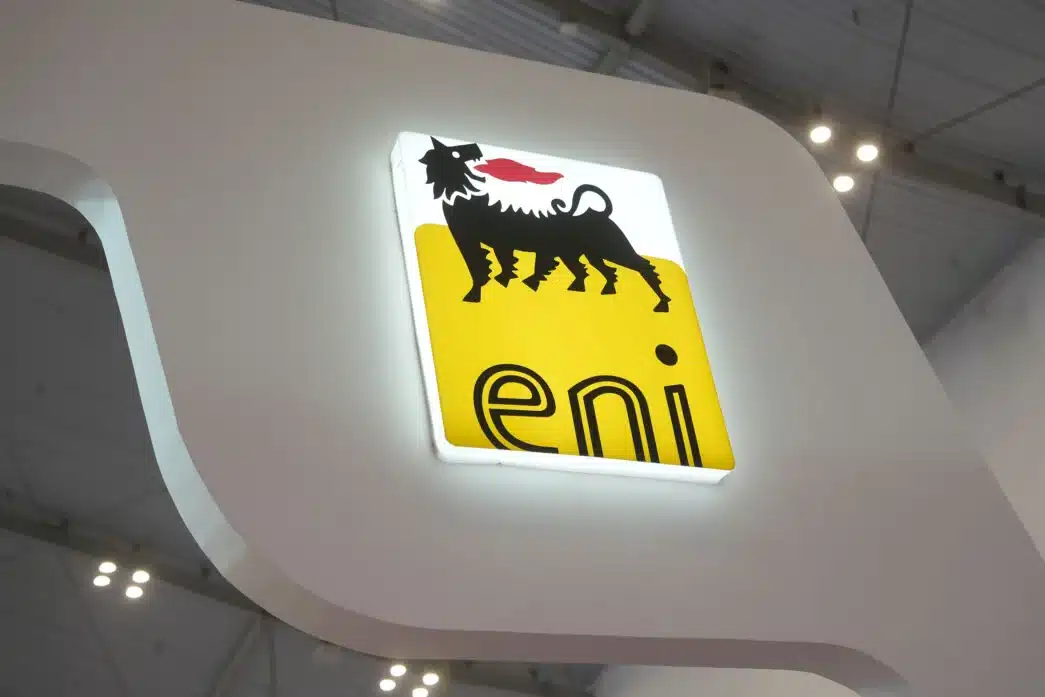Currently, Egypt relies on Israel for roughly one-fifth of its total natural gas consumption—a striking reversal of roles for Cairo, which once served as a key gas supplier to its eastern neighbour.
Each year, hundreds of millions of cubic feet of Israeli gas are delivered to Egypt’s Idku and Damietta LNG export terminals, where they are regasified and distributed to meet growing domestic demand.
These imports have become increasingly vital, as Egypt grapples with its lowest gas output in eight years, driven largely by production disruptions at Zohr, one of its largest gas fields.
In 2024, Egypt recorded the sharpest drop in LNG exports globally, pushing it further into dependency on Israeli gas to bridge the shortfall.
However, that lifeline was suddenly threatened when military tensions between Israel and Iran escalated, placing key Israeli gas fields like Leviathan and Tamar in the crosshairs.
In response, Israel temporarily shut down production as a security precaution, triggering significant supply chain disruptions to Egypt.
The fallout has been severe: electricity shortages persist, and fertilizer plants remain idle, stalling critical sectors of Egypt’s economy.
Now, with a U.S.-brokered ceasefire between Israel and Iran tentatively holding, many in Cairo are cautiously hopeful.
But with a US-sponsored ceasefire agreement now in force between Israel and Iran, many people are asking if Cairo can at least have a lifeline.
Can this fragile truce offer Egypt the gas supply stability it desperately needs?, they ask.
Egypt dependence on Israel gas
Egypt has increasingly leaned on Israeli gas since domestic production began to decline in 2022.
In October 2024, as domestic output slumped further, Egypt’s reliance on Israeli gas imports surged.
Gas supplies from Israel to Egypt rose by 18% in 2024 compared to 2023 levels, according to figures from the Middle East Economic Survey (MEES) and the Joint Organizations Data Initiative.
Last year, Egypt imported a record 356.6 billion cubic feet (bcf) of gas, accounting for about 60% of its total gas imports.
As of March, the North African country had imported 31.7 bcf of natural gas from Israel.
However, Egypt’s gas shortage entered a new phase after Israel decided to shut down two of its major gas fields amid regional tensions.
Egypt is currently facing a gas deficit of about 3.5 bcf/day, with Israeli supplies filling part of the gap—between 800 million and 1 billion cubic feet per day, according to someone familiar with the matter.
“The real issue for Cairo is that it has become a net importer of gas, which is unlikely to change in the short term—and it means that Israeli gas is now a component in its domestic mix,” said Riccardo Fabiani, Project Director for North Africa at the Brussels-based International Crisis Group, in a comment to Bloomberg.
Shutdown of Israeli gas fields
As the conflict with Iran escalated, Israel decided to shut down the Karish and Leviathan offshore gas fields—key sources of natural gas for the region.
The country’s energy ministry stated that the action was necessary given the growing tensions in the Middle East.
Leviathan, located about 30 km west of Haifa—an area targeted by Iranian forces—is one of the largest gas fields in the eastern Mediterranean.
The field holds an estimated 22.9 trillion cubic feet (Tcf) of recoverable gas and has the capacity to produce up to 1.2 billion cubic feet per day.
Since early 2024, the Leviathan field has been exporting approximately 980 million cubic feet per day (mmcf/d) of gas to Egypt.
This represents an 18% increase compared to 2023, making it a critical lifeline for Cairo, whose domestic gas production has sharply declined.
In addition to Leviathan, Israel also suspended operations at the Karish field, leaving only the Tamar field in operation.
Following the supply cuts, Egyptian fertilizer producers were forced to halt operations on June 13.
The Egyptian government has begun implementing an emergency energy plan, which includes strict measures aimed at aligning growing national demand with limited fuel availability.
To stabilize the national grid and prevent blackouts, Egyptian power stations have increased their use of fuel oil to maximum capacity.
The country has also ramped up costly LNG imports and expanded its use of heavy fuel oil, placing further strain on an economy already struggling with low foreign exchange reserves.
The war de-escalation
The de-escalation in the conflict between Israel and Iran will have significant positive impacts on Egypt’s gas supply, given Egypt’s current dependency on Israeli natural gas.
Here are the key implications:
- Steady gas flows from Israel will resume fully, restoring reliable and consistent gas exports to Egypt.
- Domestic power generation will improve in Egypt, since it relies on imported gas for electricity.
- Egypt will begin to recover lost LNG export capacity and revenue, especially from Idku and Damietta terminals.
- De-escalation will reduce costly spot LNG and fuel oil purchases that were made during the emergency.
Most importantly, the calm situation will enhance regional energy cooperation and investor confidence.
What’s next for Egypt gas?
While a de-escalation is expected to bring energy stability, the recent conflict has not only exposed the fragility of Egypt’s gas supply chain but has also tested Cairo’s decades-long gas partnership with Tel Aviv.
However, the pace of recovery will depend on how quickly Israel can bring its gas infrastructure fully back online and how Egypt manages its internal power demand and economic pressures.
The country’s long-term energy strategy requires sustained regasification investment.
Zohr’s modest gains won’t fully replace lost Israeli imports, nor are there guarantees that future regional disruptions will not happen.
Egypt needs to pursue a robust long-term energy strategy because, at the end of the day, prolonged LNG reliance at premium prices only threatens GDP growth and industrial expansion.

